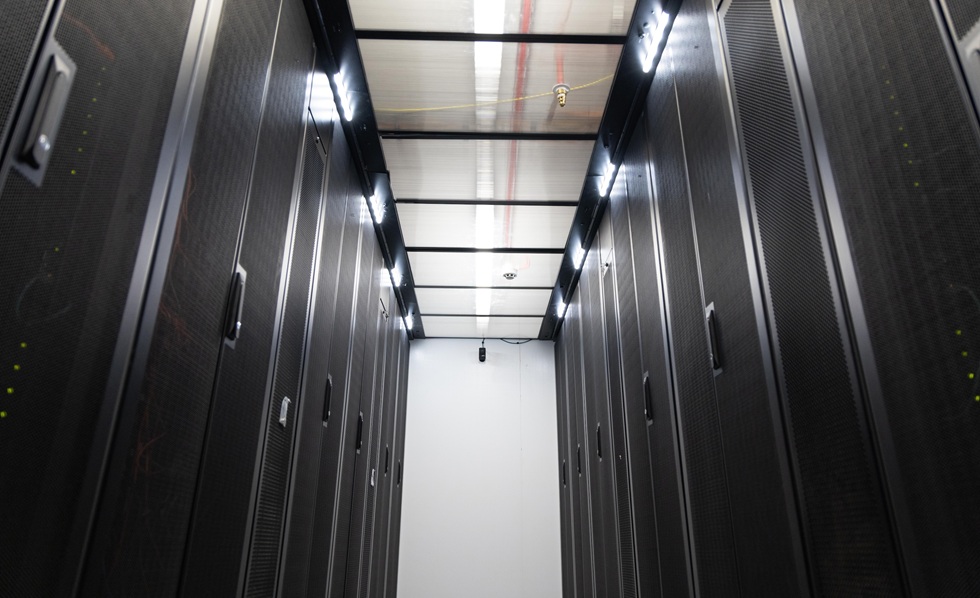South Warwickshire University NHS Foundation Trust has completed a £1.4 million project to overhaul its data infrastructure, creating one of the most energy-efficient and AI-ready healthcare data centres in the country. The initiative, delivered in partnership with Schneider Electric and DataCentre UK, marks a shift in how hospitals are modernising their digital foundations to prepare for the next generation of intelligent healthcare systems.
As artificial intelligence begins to influence diagnostics, resource planning and clinical workflows, the demands on healthcare data systems are escalating. Legacy server rooms, often inefficient and difficult to scale, are being replaced by modular data centres capable of handling the computational intensity of AI models while dramatically reducing energy use.
South Warwickshire’s new twin modular data centres were designed and built using Schneider Electric’s EcoStruxure architecture, which integrates power, cooling and digital management systems to optimise performance in real time. The Trust expects at least a 60 per cent saving on energy costs compared to its previous infrastructure, with an annualised Power Usage Effectiveness (PUE) of 1.2, placing it among the most efficient healthcare facilities in the UK.
Building a foundation for intelligent hospitals
The shift reflects a wider movement within the NHS to treat digital infrastructure as a clinical enabler rather than an administrative necessity. Hospitals increasingly rely on AI algorithms that analyse imaging, monitor equipment, and predict patient demand. Such workloads require fast, reliable access to data and a robust edge infrastructure capable of supporting machine learning applications without compromising compliance or security.
By adopting modular, scalable systems, South Warwickshire has created a blueprint for what many see as the future of hospital technology environments: flexible facilities that can expand computational capacity without large-scale rebuilds. The deployment also signals a growing emphasis on sustainability in data-driven healthcare, aligning with the NHS’s broader commitment to reach net-zero emissions by 2040.
The partnership between Schneider Electric and DataCentre UK demonstrates how healthcare and technology providers are converging to address these twin challenges of digital transformation and environmental responsibility. Advanced monitoring tools within the EcoStruxure system allow the Trust to analyse energy consumption and system performance continuously, helping its IT teams fine-tune operations as demands evolve.
From server rooms to smart infrastructure
For hospitals, the question is no longer whether to digitise but how to sustain the intelligence that follows. AI in clinical and operational contexts depends on data reliability, low latency and uninterrupted uptime. By re-engineering its infrastructure, South Warwickshire is not only improving efficiency but also ensuring it can safely host AI-driven diagnostic platforms, digital twins and predictive analytics tools that are now central to modern healthcare delivery.
The result is an example of digital transformation with tangible benefits: lower operating costs, reduced environmental impact and the resilience required to support increasingly autonomous systems. As AI becomes embedded in everything from scheduling to surgery, the invisible architecture that powers it will define the performance of the NHS as much as the technologies clinicians see on the front line.
South Warwickshire’s project underscores a simple truth about the AI era: intelligence in healthcare will be limited not by algorithms, but by the infrastructure that allows them to thrive.




